1. “Seasons in the Sun” – Terry Jacks
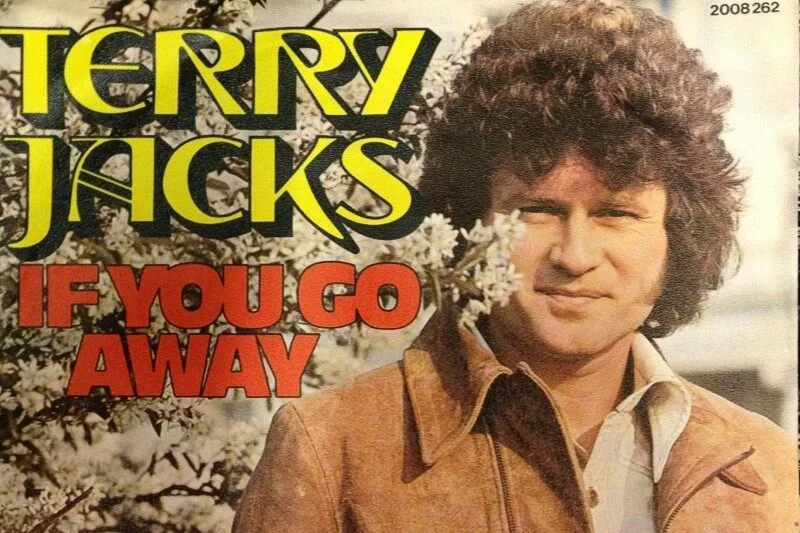
On the surface, Seasons in the Sun sounds like a breezy, nostalgic farewell song, with its upbeat melody and cheerful chorus. But the lyrics reveal a darker side, as the narrator says goodbye to loved ones while facing imminent death. The song, originally written by Jacques Brel, delves into the pain of losing someone close and the regrets that accompany a life cut short. The upbeat sound contrasts with the sorrowful farewell, making it one of the most hauntingly cheerful tunes from the ’70s.
As the singer bids his farewell, it’s clear that the upbeat tune doesn’t match the weight of the emotional burden. The lyrics reflect on the loss of loved ones and a deep sense of remorse, which contrasts sharply with the joyful sound of the melody, creating a sense of tension that still resonates with listeners today.
2. “Piano Man” – Billy Joel
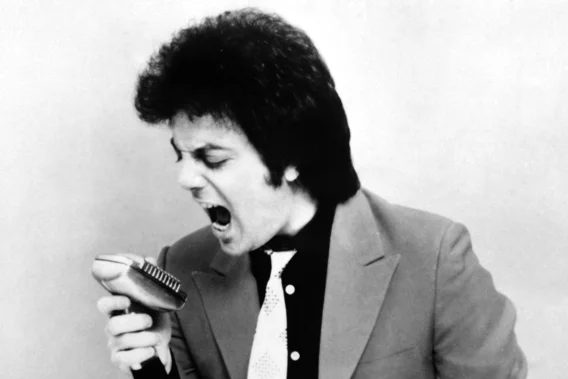
Piano Man may be remembered for its sing-along appeal and folksy vibe, but if you listen closely, you’ll catch the darker undercurrent running through the song. The “Piano Man” himself is a frustrated, struggling musician, playing in a dimly lit bar for a group of patrons who are stuck in mundane, unhappy lives. Each verse introduces a character with a dream that’s long gone, highlighting the disillusionment of everyday people. The cheerful harmonica and piano may fool you into thinking it’s a feel-good anthem, but beneath the surface, it’s about longing, failure, and the harsh realities of life.
The characters, from the “waitress practicing politics” to the “businessman slowly getting stoned,” show a life of quiet desperation. The song captures the sadness of their unfulfilled dreams, reminding us that not everything in life is as happy as it seems on the outside.
3. “American Pie” – Don McLean
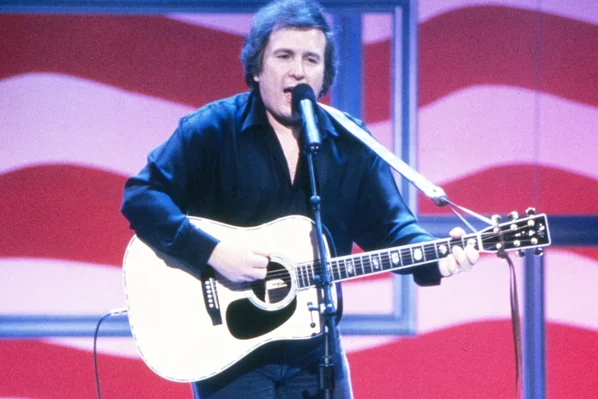
American Pie is often remembered for its folksy tune and nostalgic lyrics, especially with its repeated line “Bye bye Miss American Pie.” But it’s actually a song steeped in loss and disillusionment, reflecting McLean’s sense of grief over the loss of innocence in American culture. The tragic plane crash that killed Buddy Holly, as well as the political and social upheaval of the ‘60s and ‘70s, are woven into the song’s cryptic verses. While the music seems light-hearted, the lyrics tell a story of a society in decline and a cultural shift that left many feeling lost.
The upbeat rhythm of the song masks a much deeper, darker message about the collapse of an idealized America. McLean’s lamentation about the changing times speaks to the personal and collective sense of loss that was sweeping the nation during that era.
4. “I Can See Clearly Now” – Johnny Nash
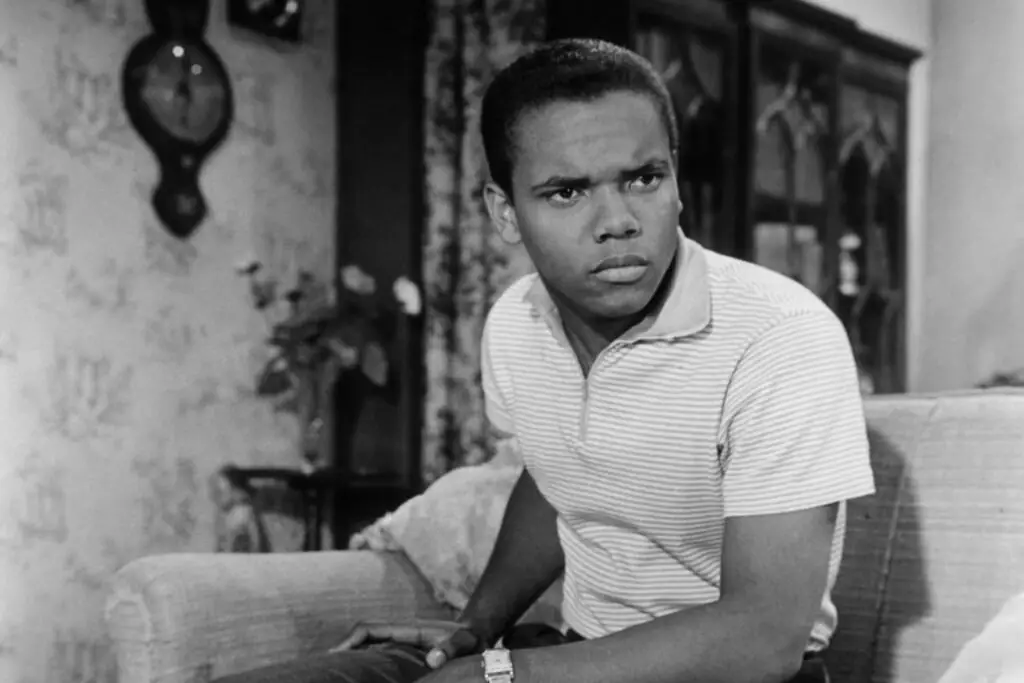
At first glance, I Can See Clearly Now appears to be a joyous anthem about overcoming obstacles, with its optimistic melody and triumphant mood. But the song was written during a time when Nash was battling depression, and many listeners believe it reflects his journey toward healing. The “clear skies” and “bright sunshine” are metaphors for clarity after enduring pain, hinting at the struggles and darkness he overcame. While it’s uplifting, there’s an undertone of resilience that speaks to the weight of the challenge.
The song’s upbeat energy invites a feeling of hope, but the deeper meaning reveals a process of recovery and the emotional toll that comes with personal hardship. It’s a testament to the strength required to find clarity after experiencing deep sorrow.
5. “Rhinestone Cowboy” – Glen Campbell
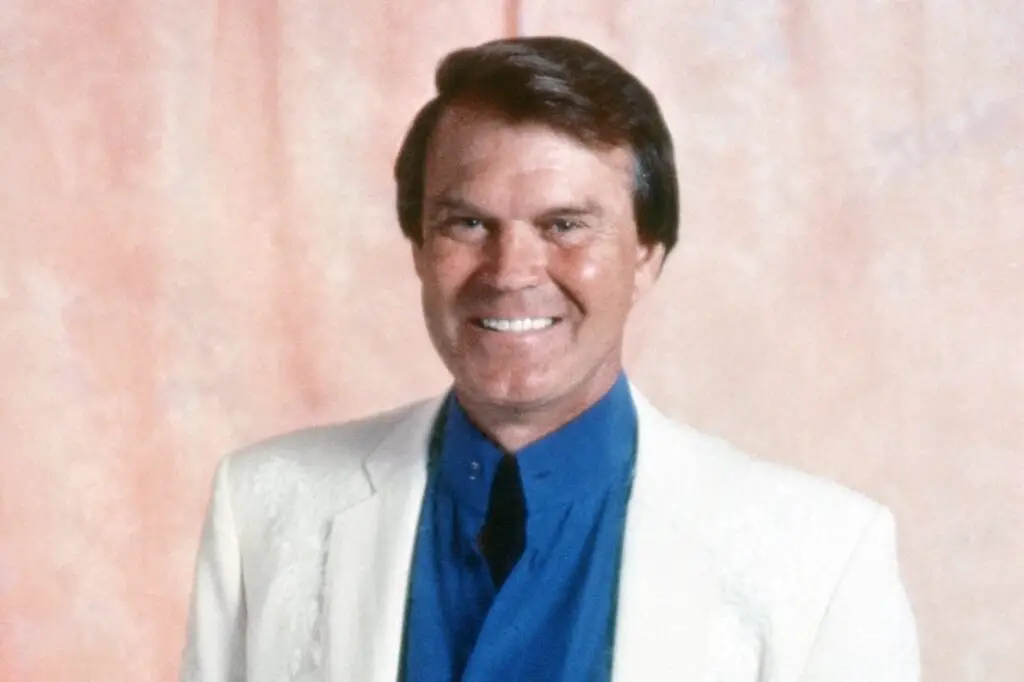
Rhinestone Cowboy may sound like a fun, glittering country hit, but at its core, it’s about the struggle for recognition and success in a world that can often be cruel and isolating. The narrator, a cowboy in rhinestones, is a symbol of someone desperately trying to make it big, dealing with rejection and the harshness of fame. The catchy chorus masks the sadness of someone chasing a dream that doesn’t come as easily as it seems. The bright imagery of the “rhinestone” cowboy’s life hides a deeper story of loneliness and unrealized dreams.
As Campbell sings about the “glitter and the lights,” there’s a sense of longing for connection and acceptance. The cheerful tune hides a deeper sense of isolation, making this seemingly happy song a reminder of the sacrifices that come with fame and the loneliness that often accompanies it.
6. “Hot Stuff” – Donna Summer
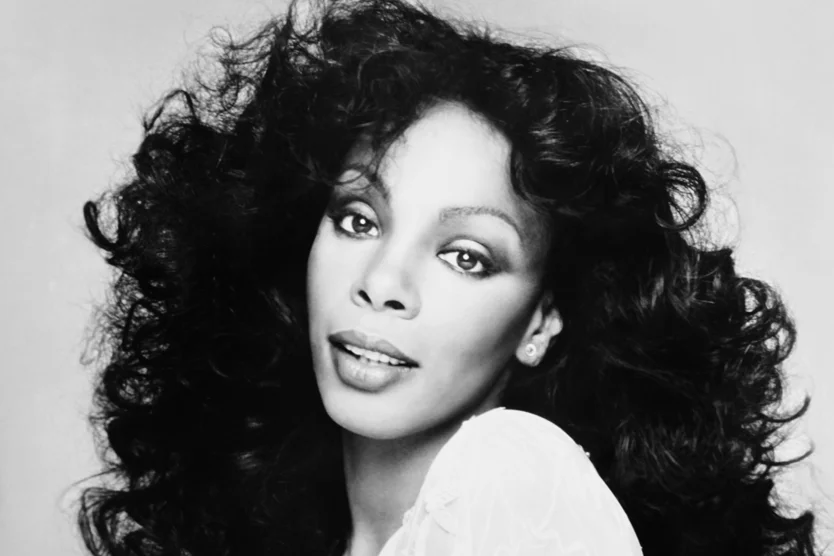
Hot Stuff may be known for its energetic beat and dance-floor appeal, but beneath the surface, it’s a song about heartbreak and emotional vulnerability. Donna Summer’s character is looking for “hot stuff” to fill the void left by a failed relationship, seeking quick fixes instead of dealing with the emotional damage. While the disco vibe makes it sound like a carefree anthem of sexual liberation, it’s really a reflection on the emptiness that can accompany trying to escape pain.
The upbeat tempo hides a deeper, more personal struggle with moving on after a breakup. It’s a song about using distractions to mask the hurt, something that many listeners can relate to, even if it’s dressed up in glittering dance music.
7. “I Will Survive” – Gloria Gaynor

While I Will Survive is often seen as an empowering anthem, it’s rooted in the pain of overcoming betrayal and heartbreak. The song’s narrator finds strength after being left by her lover, but the raw emotion behind Gaynor’s performance speaks to the anger and devastation of the breakup. The upbeat disco beat hides the deeper themes of resilience and the emotional toll of recovery, making it a song that’s both triumphant and sorrowful.
The lyrics, while full of empowerment, also reveal the depth of hurt experienced in the aftermath of the breakup. Gaynor’s triumphant tone masks the vulnerability that comes with the process of healing, showing that survival comes with its own emotional baggage.
8. “The Hustle” – Van McCoy
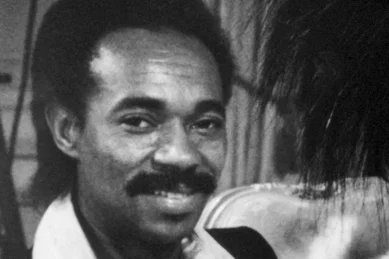
The Hustle is one of the most iconic disco songs from the ‘70s, known for its catchy rhythm and infectious beat. But the song’s title, The Hustle, refers not just to the dance but to the hustle of everyday life, the constant struggle to stay ahead, and the pressure to succeed. The upbeat tempo and fun melody conceal the fact that the hustle is often a metaphor for survival in a world that demands constant effort. McCoy’s energetic anthem reflects a world where success and self-worth are tied to constant motion and striving.
Though many remember the song for its danceable beat, it’s really about the unrelenting pressure of life, where “hustling” becomes a necessary part of survival. The carefree vibe hides a more somber commentary on the demands of modern living.
9. “Maggie May” – Rod Stewart

Rod Stewart’s Maggie May is a bittersweet song about youthful love and the pain of growing up. On the surface, it sounds like a fun, whimsical tale of a young man’s infatuation with an older woman. But as the song progresses, it becomes clear that the relationship is more complicated than it first appears. The narrator’s nostalgia is tinged with regret, and his sense of loss for the carefree days of youth comes with a sense of disillusionment. The upbeat melody contrasts with the lyrics, which reflect on missed opportunities and the passage of time.
The song’s catchy tune makes it easy to overlook the deeper sadness lurking beneath the surface. Stewart’s portrayal of a young man grappling with the complexities of love and the inevitable heartbreak that comes with growing up adds a layer of melancholy to what seems like a simple love song.
10. “Rude Boy” – The Specials
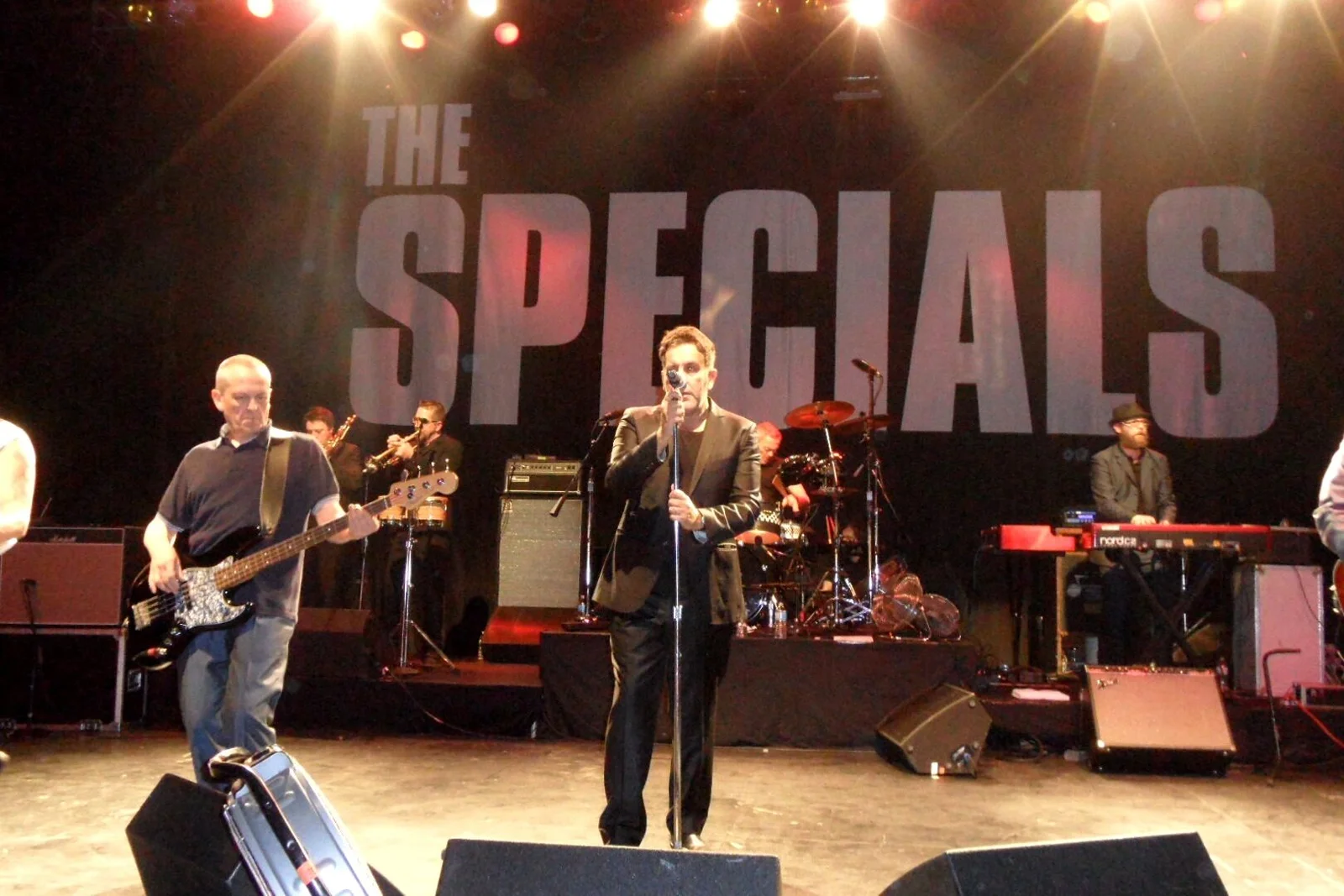
While Rude Boy by The Specials seems like a ska song with an irreverent, rebellious tone, its underlying message is much darker. The song tells the story of a man who has embraced a life of defiance and non-conformity, often rejecting society’s norms and expectations. The upbeat music may have you dancing along, but the song’s lyrics describe the struggles of a disillusioned youth, disenchanted with the world around him. It’s a commentary on social unrest and the rejection of authority that goes beyond just a catchy rhythm.
The energetic beat hides a tale of frustration, alienation, and a search for identity in a world that seems to offer little. The song’s carefree nature belies the deeper unrest felt by its protagonist, making it a reflection on youthful rebellion and disillusionment with society.
11. “Don’t Stop ‘Til You Get Enough” – Michael Jackson
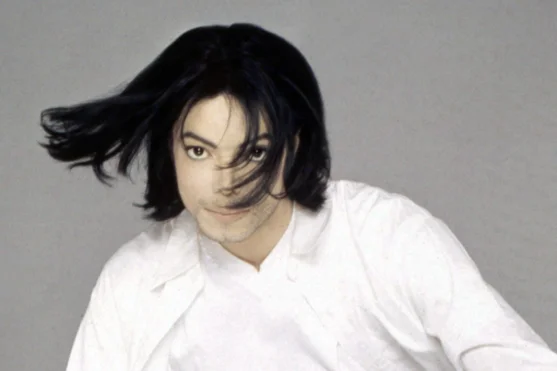
At first listen, Don’t Stop ‘Til You Get Enough is an exhilarating, feel-good song that invites you to dance and enjoy the moment. However, the song’s lyrics hint at obsession, desire, and a craving for more, particularly in the context of love and intimacy. Michael Jackson’s energetic performance might make you want to get up and move, but the message is about a person who is chasing an unattainable high, never truly satisfied. The bright sound contrasts with the idea that no matter how much is gained, it’s never enough.
While the song might be interpreted as an invitation to let loose, there’s a deeper, darker theme of craving something beyond what is healthy or sustainable. It’s a reflection on the nature of excess, obsession, and the insatiable desire for more.
12. “Blinded by the Light” – Manfred Mann’s Earth Band
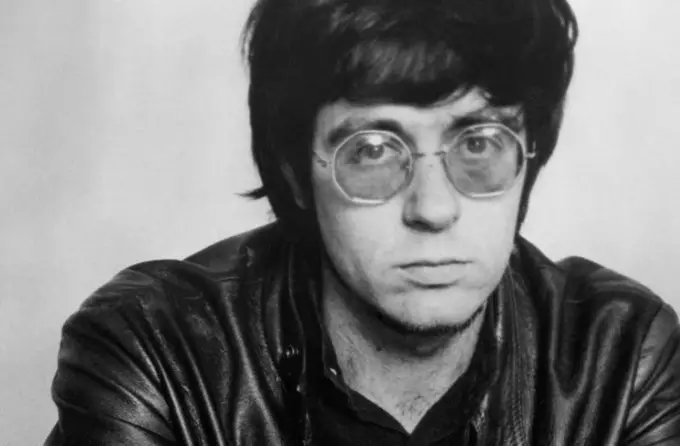
Though Blinded by the Light is often thought of as a fun, quirky hit with its playful lyrics and catchy tune, it’s about a person who’s overwhelmed by life and caught in a whirlwind of confusion. The song’s dense, poetic lyrics tell the story of someone struggling to find their place in the world, using metaphors that reflect a loss of control. The fast-paced, bouncy rhythm makes it sound lighthearted, but there’s a sense of being trapped or misled by the world, making it far more somber than it appears.
The joy of the melody contrasts with the darker themes of being “blinded” by life’s complexities and trying to navigate through overwhelming circumstances. It’s a song about disillusionment, despite its outwardly fun facade, revealing that sometimes, life can feel chaotic and beyond understanding.


